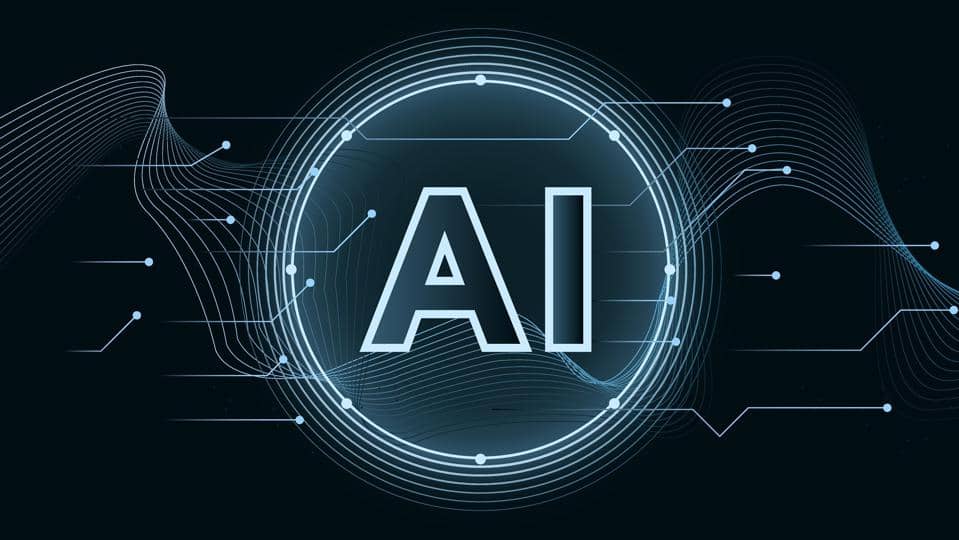Introduction

In the modern landscape, Artificial Intelligence (AI) stands as a testament to humanity’s relentless pursuit of innovation and technological advancement. From science fiction fantasies to real-world applications, AI has transcended its conceptual boundaries to become an indispensable part of our daily lives, revolutionizing industries and reshaping the way we perceive the world around us.
Understanding Artificial Intelligence:

At its core, AI refers to the development of computer systems that can perform tasks that typically require human intelligence. These tasks encompass a broad spectrum, ranging from simple rule-based processes to complex decision-making and problem-solving capabilities. AI systems are designed to analyze vast amounts of data, recognize patterns, and make informed predictions or decisions without explicit human intervention.
The Evolution of AI:

The journey of AI traces back to the mid-20th century when pioneers like Alan Turing laid the groundwork for the field with their theoretical frameworks. Over the decades, significant advancements in computational power, algorithms, and data availability propelled AI into new
frontiers. The advent of machine learning techniques, particularly deep learning, has empowered AI systems to achieve remarkable feats in image recognition, natural language processing, and other domains.
Applications Across Industries:
The impact of AI reverberates across diverse sectors, fueling innovation and driving efficiencies.
In healthcare, AI-powered diagnostics assist doctors in detecting diseases and designing personalized treatment plans.
finance, algorithmic trading platforms analyze market trends to make split-second decisions, optimizing investment strategies.
In transportation, autonomous vehicles promise safer and more efficient modes of travel, poised to reshape urban mobility.
Ethical Considerations:

However, the proliferation of AI also raises ethical and societal concerns. Issues surrounding data privacy, algorithmic bias, and job displacement necessitate careful deliberation and responsible deployment of AI technologies. Ensuring transparency, fairness, and accountability in AI systems is paramount to fostering trust and mitigating potential risks.
The Future of AI:
As AI continues to evolve, its potential knows no bounds. From enhancing human capabilities to unlocking new frontiers in scientific research, the possibilities are limitless. However, realizing this potential requires a concerted effort to address challenges, foster interdisciplinary collaboration, and cultivate an ethical framework that prioritizes the well-being of society.
Conclusion:

Artificial Intelligence stands as a testament to humanity’s ingenuity and quest for innovation. From its humble beginnings to its transformative impact on society, AI represents a paradigm shift in how we perceive and interact with technology. As we navigate the ever-expanding frontier of intelligent machines, it is imperative to tread carefully, embracing the opportunities while mindful of the ethical considerations that accompany this journey into the realm of AI.


